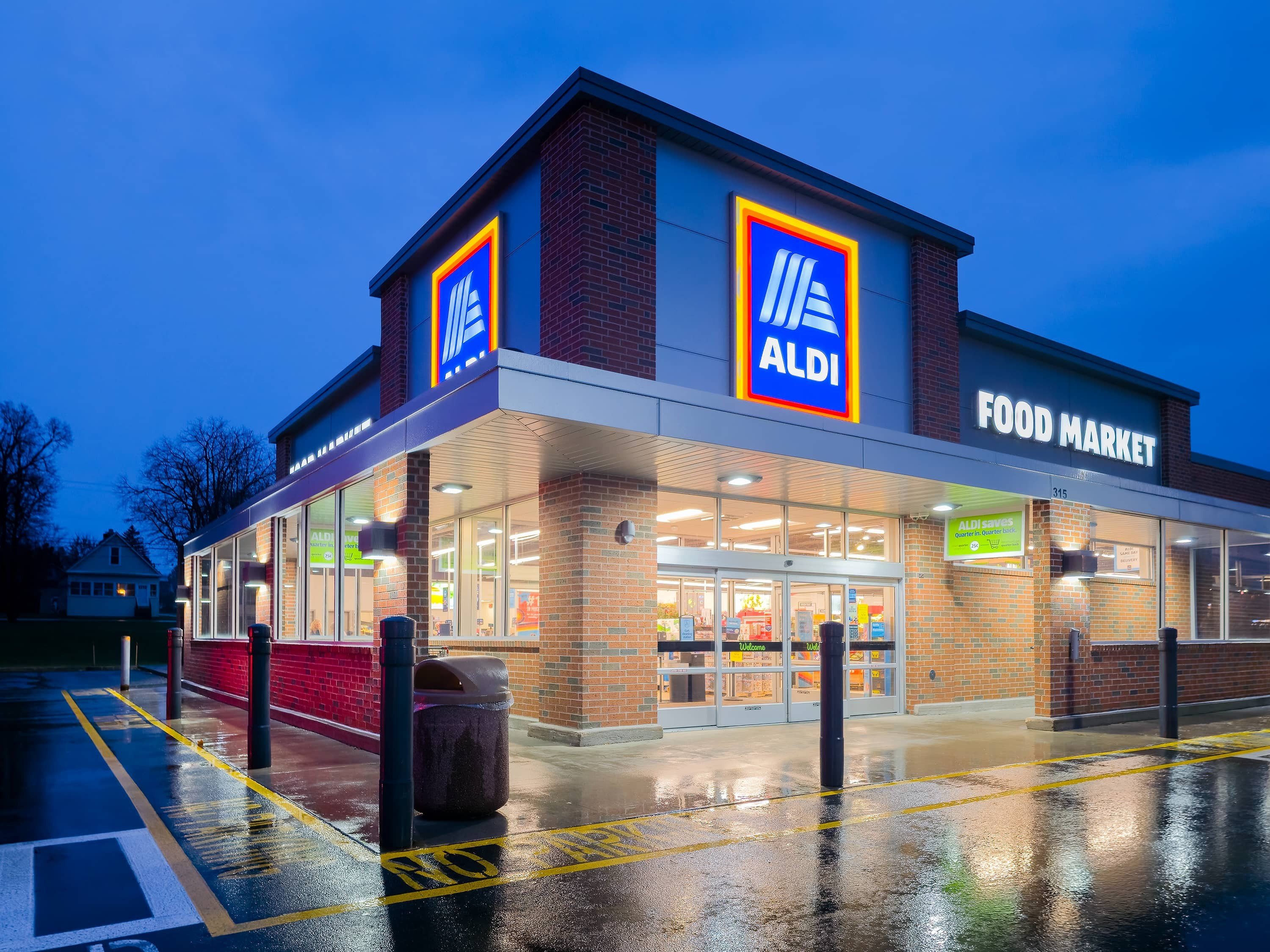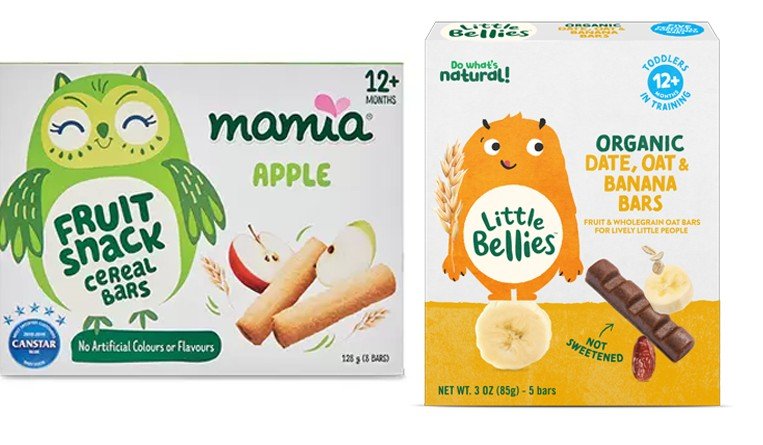What does ‘benchmark’ mean? Copyright case involving baby snack brands tackles question
21 January 2025

Credited by Little Bellies, via Facebook

Aldi in Yorkville, New York.
In December 2024, Australian baby food brand Little Bellies won its copyright infringement case against Aldi, an established German supermarket chain with over 12,000 stores in 18 countries.
Hampden Holdings, the parent company for Little Bellies, accused Aldi of copying the designs and packaging of its organic and vegetable puff snack products for the latter’s own baby puffs product line Mamia.
“This case is likely to make businesses which operate a business model based on brand evocation, such as Aldi, think carefully about the process by which they design products and packaging,” said Marina Olsen, a partner at Gadens in Sydney.
Aldi revealed that part of its design process was to choose a rival brand that is a frontrunner in the market and make it a benchmark or reference for the designers. In this case, the brand they chose as a benchmark was Little Bellies.
But what exactly did they mean by “benchmark”? According to Olsen, this was one of the critical aspects of the case.

Marina Olsen | partner @ Gadens, Sydney
“Aldi was acutely aware that Little Bellies was the market leader in the sector, shared images from the Little Bellies range with the design firm, and asked them to ‘follow the architecture’ of the brand and use photographic imagery as Little Bellies had,” she said. “In evidence, Aldi denied that its intention was to produce a ‘copy or variant of the benchmark product’ but said instead that the purpose of the ‘benchmark’ was customer-focused – to ‘enable us to identify cues that customers may associate with the product type generally and then adapt them to develop the’ Aldi product. It does appear that this contention was a strain on the facts as evidenced in communications between Aldi and its design firm, and the contention was rejected by his Honour.”
Federal Court Justice Moshinsky’s judgment also provides insight on the factors that should be considered if layout and design elements in packaging are the subject of a copyright infringement claim.
“The judge was satisfied that the impugned products reproduced a number of the layout and design elements of the corresponding Little Bellies works, including a small, oval-shaped cartoon character with a large belly; the use of a rounded, childlike font; the general layout of the packaging; and the use of photographic images of the product and its ingredients. The evidence before the court demonstrated a sharp awareness of the Little Bellies brand when making design decisions about the Aldi product, both in the design process and in the legal review,” Olsen explained.
“Another key insight for legal teams is that Aldi’s lawyers had reviewed the proposed packaging and raised concerns – steps were then taken to supposedly address these concerns. The fact that Aldi then proceeded with the designs that it did was found to show that the company, whilst it did not wish to infringe others’ IP, was willing to take the risk of doing so,” she added.

Images credited by Aldi Australia & Little Bellies Websites
The victory in December 2024 made Little Bellies the first brand in Australia to triumph over Aldi in a copyright infringement lawsuit. The supermarket chain has faced accusations of trademark infringement by various brands around the world, including American snacks manufacturer Frito-Lay.
“Traditionally, in cases such as this, the applicant has relied on passing off, contravention of the Australian Consumer Law and/or trademark infringement,” Olsen revealed. “Given the focus of copyright is on protecting original expressions of works, in this case artistic works, here the court was asked to consider whether a substantial part of the relevant Little Bellies packaging had been copied. The question of trade reputation or customer confusion, which is front and centre of consumer law and trademark cases, was not relevant.”
Justice Moshinsky ordered that the Sydney-based brand be awarded additional punitive damages. Olsen stated that this ruling was based on Moshinsky’s earlier assessment that Aldi’s copying was deliberate and the need to prevent other entities from doing the same in the future. “Having deliberately developed packaging for its Mamia baby puff products that resembled the packaging of the Little Bellies equivalents, Aldi was found to have sought to use designs developed by a trade rival for its own commercial advantage. This was sufficient to find an additional damages award,” she explained.
- Espie Angelica A. de Leon






